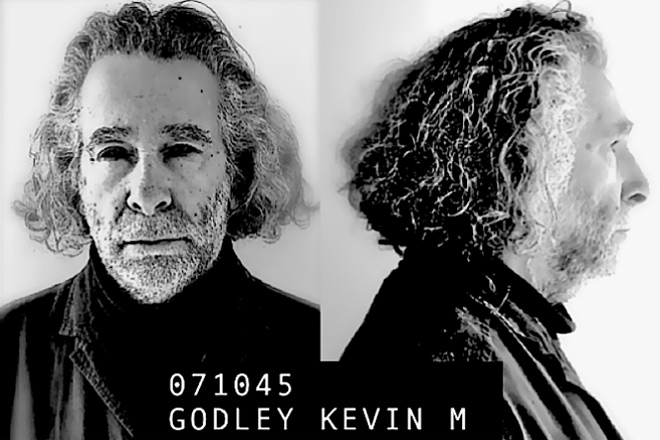
Now nearly fifty years since Godley altered career paths, he continues to create, recently directing new music videos for the GG/06 track “Son Of Man” and 10cc’s mega-hit “I’m Not In Love” to visually enhance the current 10cc touring band’s live performance. Additionally preparing to release his debut feature film, provisionally titled The Gate, and his new solo album Muscle Memory, Godley is as busy as ever. Enthusiastic for all his current and yet to be uncovered projects, he recently sat down to chat the twists and turns of his career, working with 10cc, directing, plus much more.
Cryptic Rock – Involved in music professionally for almost five decades, you have attained success both as a performer and behind the scenes as a music video director. Briefly tell us, how would you describe your career in music?
Kevin Godley – Accidental is as brief as I can be. (Laughs) It wasn’t something I set out to be particularly. It was something that started as a hobby when I was a kid, and it was something I did with friends of mine; like kids today play video games, I suppose. I was aiming to be a professional graphic designer; I went to art college for a number of years, but got more and more involved with music and enjoyed it. The first thing I ended up doing after leaving art college was go to a recording session in London and enjoyed that considerably more than graphic design.
Eventually we made a record that became a hit, so that kind of drove me more towards that way of being. Then we had hit after hit after hit, and I never even thought about it, but I suddenly realized I was a professional musician and songwriter. (Laughs) It was just a matter of following what came about.
Cryptic Rock – Sometimes things happen that way. You were an important part of the original cast of members that made up 10cc, contributing to the writing and performance of many songs. Finding success in the late ’70s, what was your time like in the band?
Kevin Godley – It was amazing. We were in a very privileged position, we weren’t in the middle of London or center of music business, we were out in the sticks just outside Manchester. There was no real solid Pop or Rock music scene there at the time in comparison to London; there certainly was no one making high end records there. More than anything, it was the creation of Strawberry Studios which created the backbone for our careers.
It was also the sense that, because we were so far away from the center of music business, there was no one there to dictate to us what we should be doing. We subconsciously created a situation where there was a studio and we became the house band, we became the house producers of whatever came through the door. It was a really motley mix of stuff, none of it was traditional Pop or Rock or what you would describe as mainstream music. It was a bizarre selection of football teams, ventriloquists, comedians, and local wannabes; we produced anything and everything.
It’s difficult to assess who and what we were in comparison to everything else. I think what we did prior to becoming 10cc contributed to what the mix of sounds that 10cc was. We wrote a B-side for something that we wanted to release through the Apple label and it got turned down. We went somewhere else to a guy named Jonathan King who thought the B-side was better than the A-side and released it. We had a number 2 hit named “Donna” and it kind of took shape from that point. We never really considered ourselves as a band or defined ourselves as a band, but having that hit solidified the notion that we could be.
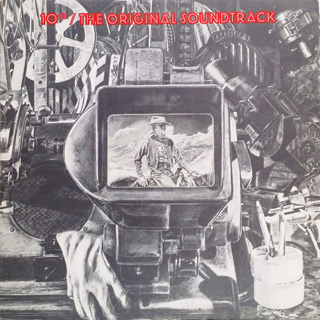
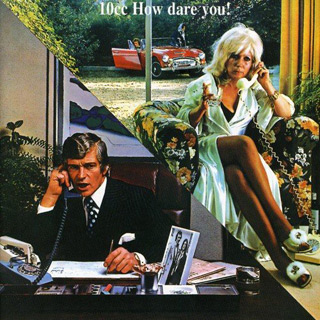
Cryptic Rock – It is very interesting to see what came after that. Yourself and Lol Creme would go on to further success with Godley and Creme extending into the 1980s. A different approach musically than 10cc, what inspired the direction of Goldley and Creme?
Kevin Godley – Frustration, I think. When we left 10cc it wasn’t something we specifically wanted to do that we had to do one thing or the other; there wasn’t the attitude, “Okay, you can take six months off, can go try stuff and bring what you learned back to the table.” Unfortunately it wasn’t like that, so we bailed essentially. We dived into a sort of madcap career of doing things because we felt they would be musically interesting as opposed to having any concrete plans about how they would be received commercially. That is just kind of the way we thought.
The first effort we did was a three album set called Consequences (1977) which we had a great time making, but the timing was so poor; we were on the wrong side of history for that. It didn’t do well at all, so everything after that record was much more subdued in terms of how much time and money we spent on it. We attempted to use local studios with 16-track machines instead of big studios with 24-track machines. We generally disciplined our approach and understood what we were trying to achieve to a certain extent before we started recording. We became more conscience of trying to deliver a more disciplined product, not in terms of its creative value, but in terms of how far we could push things because there wasn’t just the time and resources to go on and on.
We had a great time doing it really, it didn’t really affect the way we thought, we allowed ourselves the luxury to put on tape whatever we thought. Some of it did quite well surprisingly; we had a few hit records and the albums didn’t do badly at all. We sort of got by and enjoyed the process.
Cryptic Rock – There is definitely a lot of memorable music from that era. As mentioned, you would turn your attention to music video directing and worked on many memorable videos over the years. What inspired you to get into this area?
Kevin Godley – It was a number of things. I guess on a very basic level, we were releasing records but we weren’t a live act. At that time there were TV programs that played short films if an artist wasn’t available to appear live in the studio. They would show a short film instead, which was the genesis of the music video industry. We were kind of inspired to do it, because, as you know, we came from an art college background, so we were grounded in art and loved things that were visual. If you think about it a lot of the music 10cc and Godley and Creme made were very visual sounds, probably because we were very frustrated filmmakers, so we put film into audio.
We recorded a track for ourselves called “An Englishman in New York,” and we came up with an idea for a short film to go with it. We thought, “Let’s approach the record company and see if they will allow us to make this film.” We did a sort of eight-frame storyboard to show them what we had in mind. Surprisingly they said yes, but they wouldn’t let us direct it because we never directed anything before. They put us with a director name Derek Burbidge who was tasked with turning these eight frames into a video.
Our experience of it was so intense and fulfilling. Even though we were mostly on the other side of the camera as performers, we soaked up the process and realized that this was the perfect combination of what we were doing. We implicitly understood the process and what to do. We became very involved in the editing and that particular video probably drove Derek to distraction, but he was very forgiving and allowed us to learn. Essentially we learned everything we needed to know from that one shoot.
What happened next was a band Visage led by Steve Strange just joined our label. He wanted us to direct his first music video because he had seen “An Englishman in New York.” He persuaded the label to do that, we did, and I think the budget for it was somewhere in the region of two thousand pounds – two and half of it which went to the makeup person. The record was a hit and therefore the visual that went with it was being noticed a lot.
That was the catalyst for our music video direction career. It got us noticed and I think we were the first musicians to come out of that period of time who were actually making visuals. That made us attractive to other musicians because they felt they could talk to us on a musical level as well as a music video level. We made a lot of friends because of that, but again, it wasn’t something we were anticipating. We just happened to be in the right place at the right time.


Cryptic Rock – Well, you certainly left your mark in that field. Music videos became a very important medium to promote music.
Kevin Godley – Very much so. I think the turning point was MTV, it became a kind of global gallery where video artists could show off their work; a lot of careers began in that space, it was amazing. In my experience the most exciting time in any creative medium is usually during the formative years when things have not been nailed quite so much and there aren’t as many rules as there are later. I think the same is true with music videos; the suits didn’t really know what the music video was and what it was capable of doing in the early years.
It was really about the band saying, “I want to work with this guy,” and they said, “Okay, let them do something.” There were very few times where we had to present a treatment, and virtually zero times where we were competing with anyone else for the same job. It was based on “We like this guy’s work, let him run with it,” which is probably totally unrealistic commercially but it seemed to work then. It worked because it was new and people were gobbling up everything and anything everybody did.
We were left pretty much to our own devices a lot of the time and we came up with pretty weird ideas. We never, or very rarely, got knocked back because of this approach. We were basically using our own taste-buds to create a visual equivalent of what were were listening to. We surprisingly were allowed to do this for a very long time. (Laughs) We just followed our instincts, the same as we did before with music; we made films we thought would be interesting for people to see.
Cryptic Rock – It sounds like an amazing creative time. Speaking of music videos, you have created new videos for the touring version of 10cc. Quite beautiful visuals, what was it like putting these videos together?
Kevin Godley – It was great. I was asked to perform a song off the Sheet Music (1974) album by Graham Gouldman. He said, “Come on stage for a few gigs and sing this song.” The song is a bastard to sing, so I told him I don’t want to do that, but what I will do is I will make a film that you can play on stage and that was a blast.
More recently, I was asked to do a video for “I’m Not in Love,” which is a little bit daunting as you can imagine being such a significant song in 10cc’s canon. I wanted to do it justice, and it was lovely to be asked to do that – but how the hell do you compete with that sound? What I came up with is very simple. What’s different about it is that it’s not a film to be viewed in isolation, it’s a film to be seen as part of a wider experience to accompany a live performance. I guess that is because it doesn’t keep introducing new things that will drive your eyes away from the stage. It has very a hypnotic effect on you, which was precisely what I was after.
The other song wasn’t a 10cc song at all. Graham and I did a recording project back in 2006 called GG/06 and one of the songs was called “Son of Man,” which is essentially a musical documentary about the formation of 10cc. Graham’s version of 10cc always play it as an intro before they come on stage, so he asked me to do a film for that. He felt it would be useful for people to see. The significant difference for me in both those pieces of work is me learning how to edit. I am using Abode Premium Pro at home, so I did all the editing myself, which was a challenge. It gave me a different perspective and allowed me to dip into an area I never did before. It was very enjoyable to do.
Cryptic Rock – And both videos came out excellent. You are also set to direct a feature film. This is your debut feature film?
Kevin Godley – Yes, a little bit late I admit. You know what’s very odd? I’ve never been busier in my life than I am now. The film is top of the list, but I’m involved in so many other things. I’m on the board of a video technology and games company called Blue Sock Studios run by video game legend Jane Whittaker. I’m also toward the closing stages of recording a solo album which has been a fascinating experience working with collaborators I’ve never met.
I’m a busy boy, but the feature project is a fascinating one. It’s provisionally titled “The Gate,” and it’s about Orson Wells’ experiences in Ireland in 1931. He made his first professional stage appearance at The Gate theater in 1931, that is kind of the basis of the story.
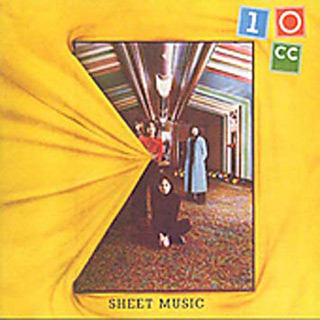
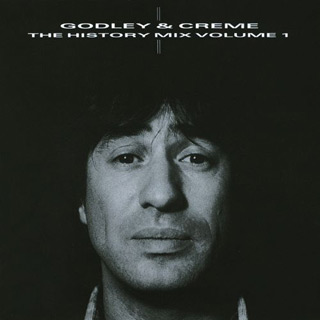
Cryptic Rock – Interesting. What stage is the production in now?
Kevin Godley – We are at the raising money stage and have done quite well. We have production people interested and will go into casting and further developing of the script, but the vibe is good. It’s a very unusual film, it’s not the kind of thing that you would expect. It’s possibly a little arty in a certain respects, but it comes from the point of view of the last day of Orson’s life looking back at those early years. He is a character who has fascinated me for a long time. I’m thrilled to have the opportunity to dig a little deeper into his world.
Cryptic Rock – It will be exciting to see your feature debut film after all these years you have worked in music videos.
Kevin Godley – I’m kind of the opposite of Orson Wells: he made his first film at twenty five, I’m making mine a lot later but what the hell! (Laughs) I also wrote the screenplay. What I always try and do, and it applies to everything I’ve done, is create a situation that challenges me. If I had the idea of approaching something the way somebody else would, it seems to be a total self-defeating and pointless exercise. I have to find a way into saying something that allows me to say it in a very Kevin Godley way, otherwise there’s no point.
It’s not as if I’ve been chasing a film career or don’t think I’m chasing any particular career throughout my life, opportunities have just occurred that I’ve taken advantage of at the time. The same with this: the idea was brought to me by my wife who found a small article in an Irish paper which told very simply the story of Orson Wells in Ireland in 1931. It is a fascinating story but it wasn’t something I was looking for, it was something that came to me. I always trust that things will and they always seem to.
Cryptic Rock – It will fun to see where the film goes. You are also working on a new solo album entitled Muscle Memory. How is the writing and recording going for that?
Kevin Godley – That is coming along extremely well. It’s a unique project that came about when two people who I don’t know approached me a few years ago with instrumental tracks, and asked me if I would be interested in turning them into songs. I did, and both turned out very well.
I thought it would be an interesting approach to take making an album and ask for people to send me instrumental music. I hooked up with Pledgemusic and I got something in the region of two hundred and sixty five submissions of music. I had to go through them to find twelve tracks I wanted to work with, which was difficult because they are all of a very high standard.
Cryptic Rock – It sounds like a very different kind of project.
Kevin Godley – It is very different, but the reason the idea came to me in the first place is because the only instrument I can play is drums. To write a piece of music with drums isn’t easy; I like a good tune and chord sequences and I don’t play. I’m used to sitting opposite one other person who plays guitar or keyboards and we work together until something emerges, but that doesn’t exist anymore for me.
This seemed like an intelligent way to move and it worked amazingly well. It was a great discipline, it said essentially here is this piece of music that is finished, can you turn that into a song? The answer with the pieces I’ve chosen has been yes. That is because part of the process has been completed; there’s no back and forth, there is no bouncing ideas. You are working with something that exists, it’s almost like working with a pencil drawing and all you have to do is fill the colors in. It was a fascinating exercise for me and continues to be so.
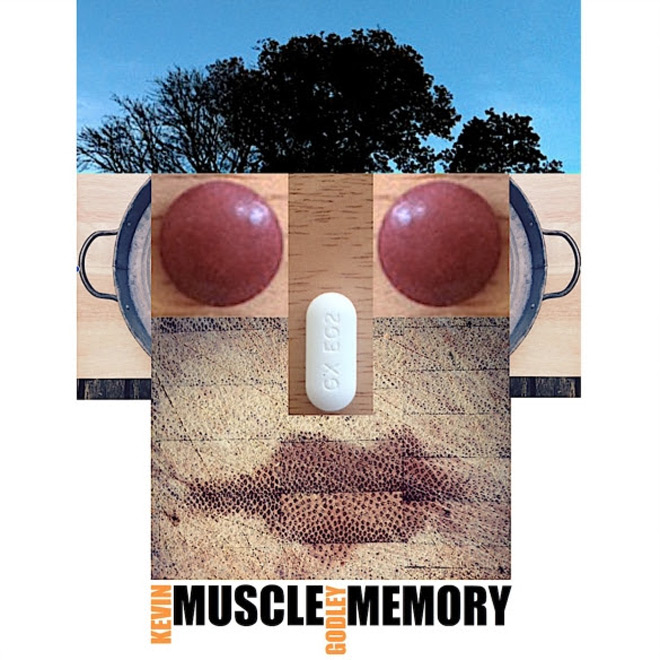
Kevin Godley – I like a lot of movies, but I’m not a huge fan of Action movies. I like movies with a lot of talking in them. (Laughs) I like movies like 12 Angry Men (1957), Who’s Afraid of Virginia Woolf? (1966), Glengarry Glen Ross (1992). I’ve just seen a couple of interesting movies recently, The Brand New Testament (2015) and The Square (2017). I tend to go for slightly more obscure movies, however I love the Godfather trilogy. I also love things like Mean Streets (1973) and Taxi Driver (1976). I like movies that have something interesting to say that aren’t just shallow pieces of entertainment. I would never go see anything like Transformers or superhero movies, they just don’t interest me.
I’m not so big on franchises, it’s got sort of “Please buy more of this.” This is just my own personal view, but everything is becoming very generic. The place I’m most noticing this is in car design, strangely enough. It used to be you could look at a Mercedes, Ferrari, or a Volvo and you could instantly tell which is which driving toward you from fifty yards away. Now I can’t tell the difference; they all look pretty much the same other than the insignia on the front of the car. A Jaguar doesn’t even look like a Jaguar anymore, they all look like orthopedic shoes on wheels, and it’s like, why? (Laughs)
It’s as if the sense of euphoria, the way things look, and the personality of things seems to have evaporated. I don’t know why that is, it may be rules and regulations, safety – I honestly don’t know. I miss the beauty and character of things. I can see why they spend so much money on advertising, but when they actually show the car itself – Would I really spend a hundred thousand dollars on that? No! It’s crazy, but again, that’s just how it is. Everything else I get, I just don’t get that. It’s probably because I’m coming from a design ethics background from way back.
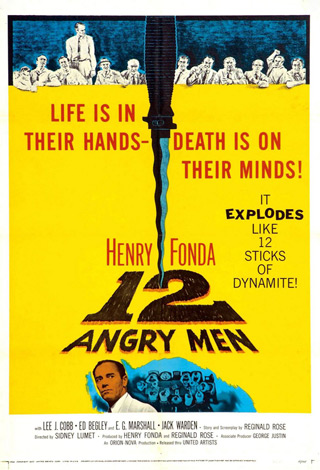
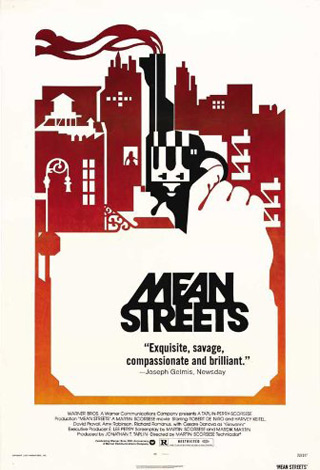
For more on Kevin Godley: kevin-godley.com | Twitter | Instagram
For more on 10cc: 10cc.world | Facebook

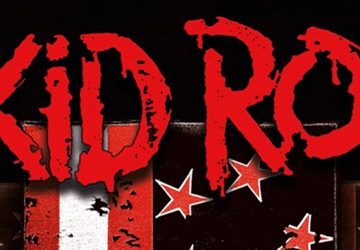



No comment